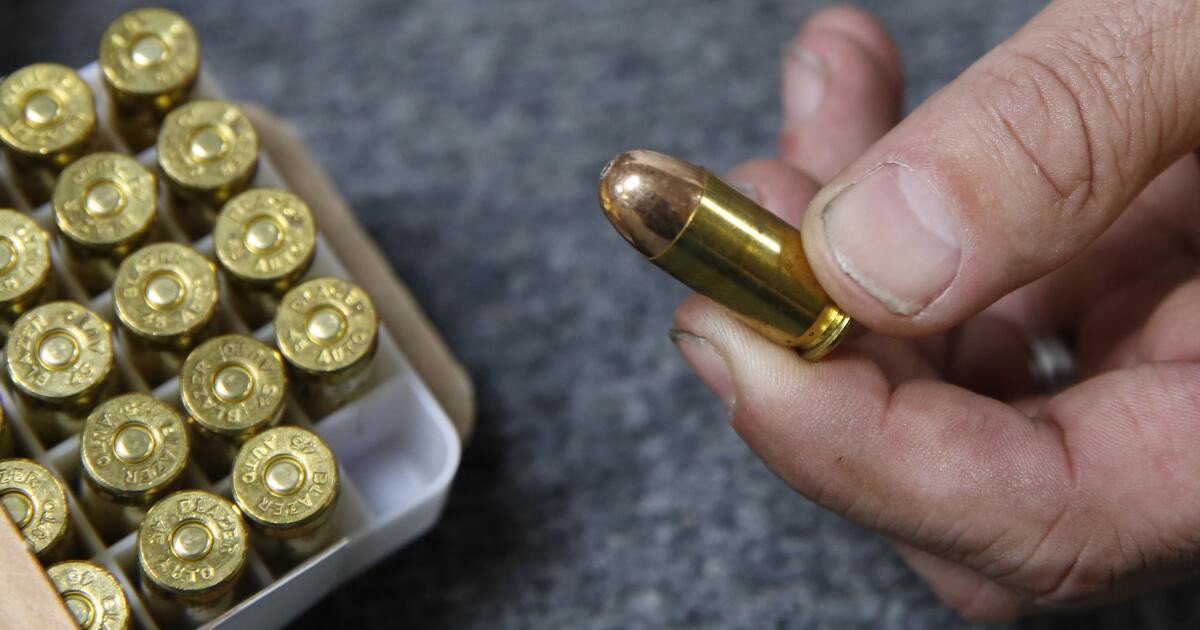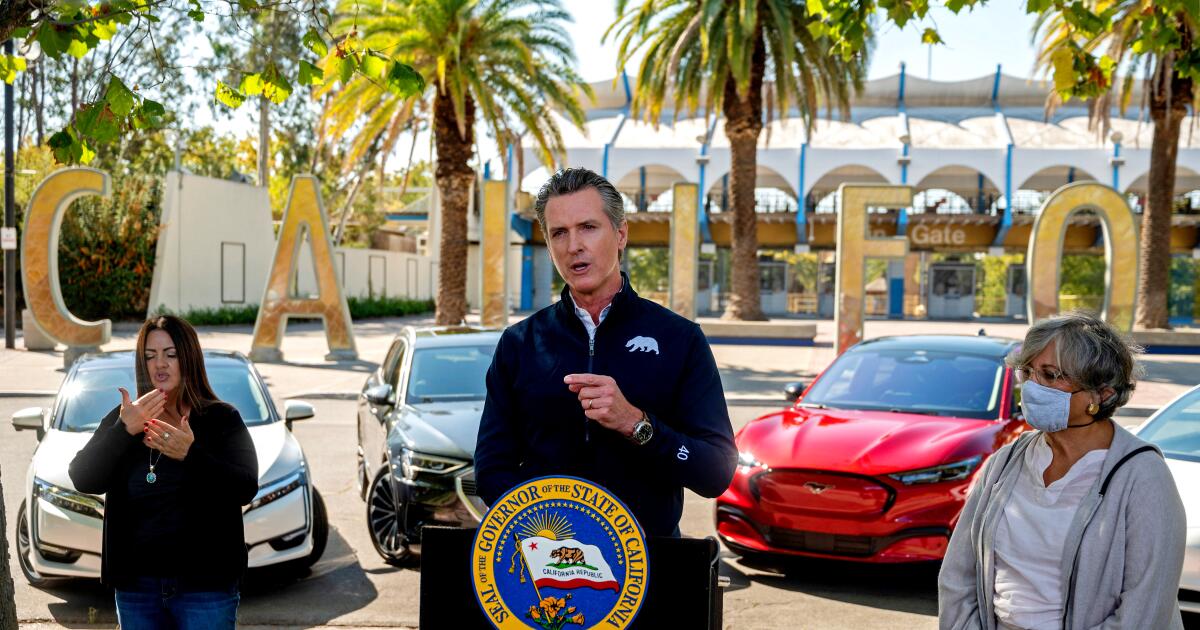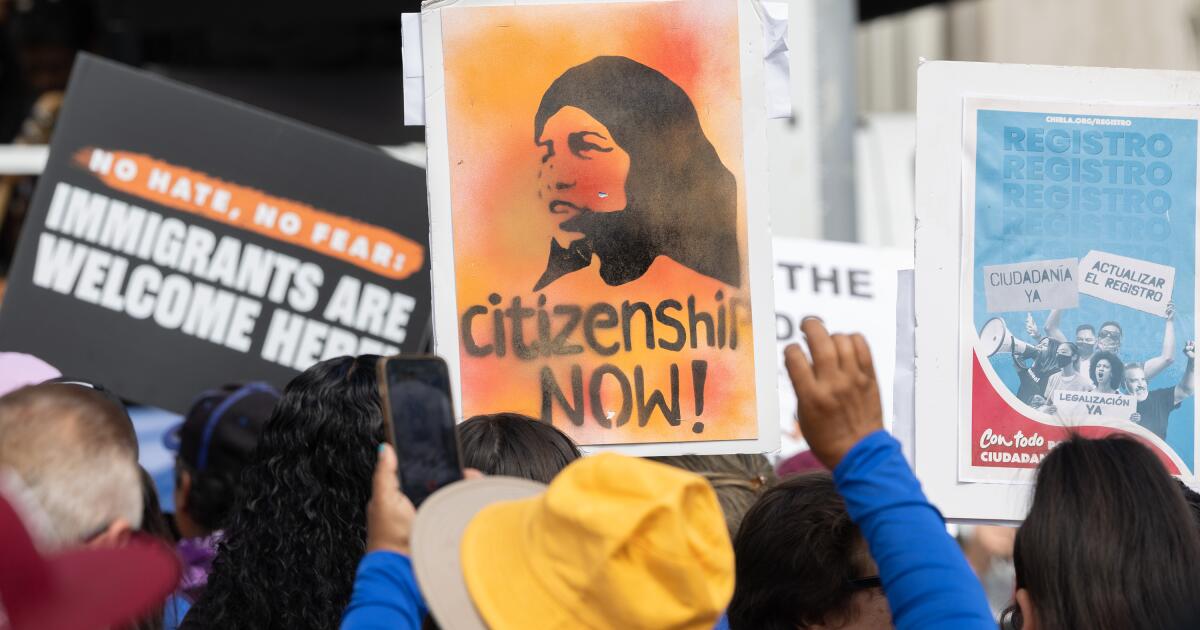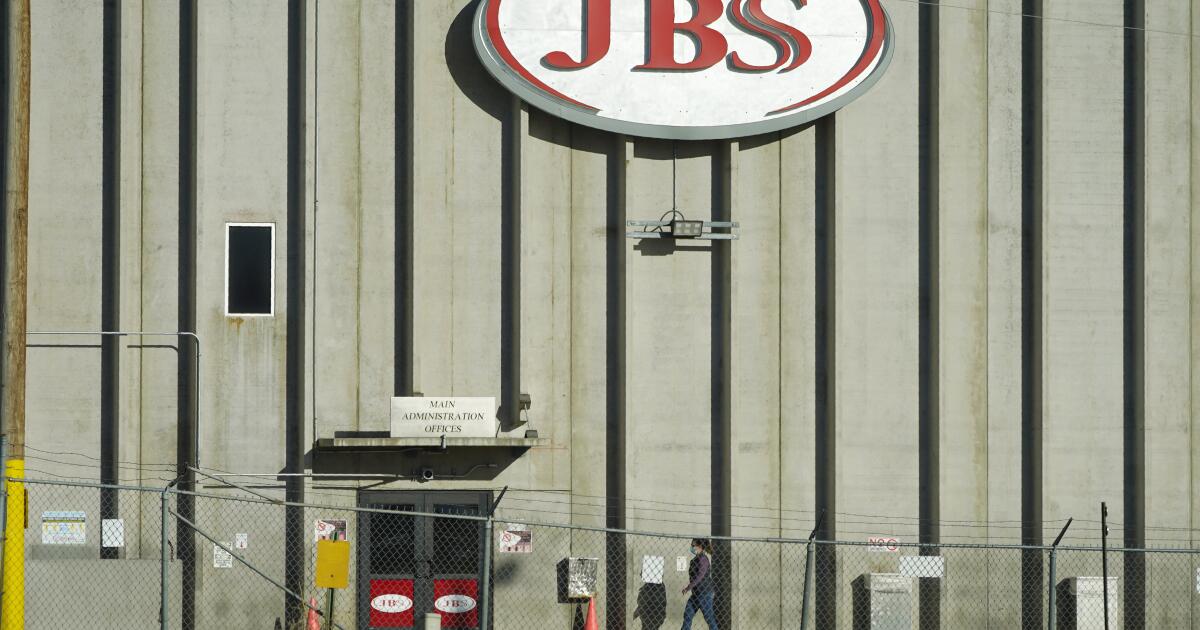
The 9th Circuit Court of Appeals ruled Thursday that California’s policy of background checks for bullet-buyers violates the 2nd Amendment, effectively killing a 2016 ballot measure meant to strengthen the state’s notoriously stringent gun laws.
Writing for two of the three judges on the appellate panel, Judge Sandra Segal Ikuta said the law “meaningfully constrains the right to keep operable arms” guaranteed by the Constitution, by forcing California gun owners to reauthorize before each ammunition purchase.
“The right to keep and bear arms incorporates the right to operate them, which requires ammunition,” the judge wrote.
The ruling is the latest blow to statewide efforts to regulate guns.
Both the 9th Circuit and the U.S. Supreme Court have significantly restricted gun control measures in just the last decade. Two of the three controlling cases Ikuta cited in her decision were handed down in the last three years.
Thursday’s ruling drew primarily from a 2022 Supreme Court decision that sharply limited gun control measures passed by individual states, finding that such laws must be “consistent with the Nation’s historical tradition of firearm regulation.”
California had attempted to sidestep that test in part by pointing to Reconstruction-era loyalty oaths some Americans were required to make before buying guns.
But that didn’t sway the panel.
“The problem of ensuring that citizens are loyal to the United States by requiring a one-time loyalty oath is not analogous to California’s recurring ammunition background check rules,” Ikuta wrote. “These laws are not relevant.”
Judge Jay Bybee disagreed.
“California, which has administered the scheme since 2019, has shown that the vast majority of its checks cost one dollar and impose less than one minute of delay,” the judge wrote in his dissent. “The majority has broken with our precedent and flouted the Supreme Court’s guidance.”
Data from the California Department of Justice’s Bureau of Firearms show that the program approved 89% of purchases, most within about three minutes. It rejected slightly more than 10% on technicalities that were later resolved, and fewer than 1% because the buyer was banned.
Although the 2022 case had “ushered in a new era for Second Amendment jurisprudence,” Bybee wrote, it didn’t preclude the bullet-background check scheme.
“We have repeatedly rejected the majority’s boundless interpretation of the Second Amendment,” Bybee wrote. “It is difficult to imagine a regulation on the acquisition of ammunition or firearms that would not ‘meaningfully constrain’ the right to keep and bear arms under the majority’s new general applicability standard.”
It was not immediately clear if the ruling would lift restrictions in place for the last six years. California leaders have not yet said whether they would appeal the decision.
Gun violence prevention organizations decried the ruling, saying it made Californians less safe.
“In 2024 alone, this law enabled [the California Department of Justice] to investigate 191 armed and prohibited individuals who attempted to purchase ammunition,” said Janet Carter, managing director of 2nd Amendment litigation at Everytown Law.
Gun rights activists were thrilled by the news.
“Today’s ruling is a major step forward for the 2nd Amendment and the rights of every law-abiding citizen,” said Dan Wolgin, chief executive of Ammunition Depot, one of the plaintiffs in the case.



